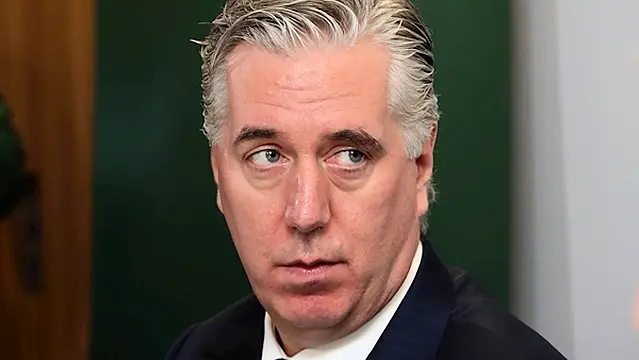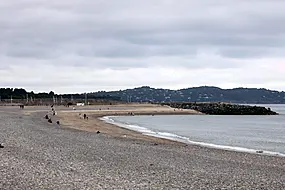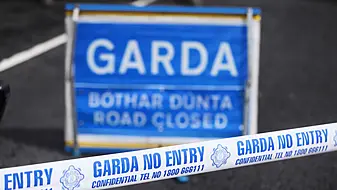In a sworn statement Mr Delaney said he needs extra time to examine thousands of files, including the contents of his emails so he can set out what he says are covered by legal professional privilege and cannot be used by the ODCE as part of its criminal investigation into the FAI.
The High Court was due later this month to make a determination of some of the files are covered by legal privilege and cannot be used by the ODCE.
However arising out of Mr Delaney's application for extra time that application is not proceeding and the matter will next be mentioned before the courts in September.
The files, which consist of 13 hard copy documents and a digital device containing 270,000 separate files including the former CEO's emails, were seized from the FAI's offices at Abbottstown on foot of a search warrant last February.
An agreed plan was put in place to allow Mr Delaney examine the files to see which ones are private to him or covered by professional legal privilege and cannot be used by the ODCE as part of if its investigation into certain matters concerning the FAI.
It was envisaged that the inspection would be completed before the end of July.
However Mr Delaney, who is a notice party to the action, asked for additional time to examine the files due to the large number involved.
That application was opposed by the ODCE. Mr Delaney, the ODCE, said was seeking to "complicate" what is "a relatively simple exercise."
It had no objections to his request to involve an IT forensic expert. However, the ODCE said it had put in place a system, with sufficient facilities, software and expertise that balances the rights and obligations of all parties and made the timetable entirely achievable.
In a sworn statement, which Ms Justice Leonie Reynolds had directed him to produce to the court setting out his co-operation with the inspection process to date, he denied trying to delay the process.
Mr Delaney formerly of Kingswell, Tipperary Town, now living in the UK said that he initially did not know how many documents would need to be inspected.
He said was concerned that his rights may be infringed if he and his lawyers are not given enough time to inspect the documentation and the amount of time allotted to examine the files he said was "surprising and disquieting."
The documentation he said contained emails going back several years.
It could not only contain his work for the FAI but also his work for UEFA, and other bodies he had worked with during his time with the association, as well as his personal and private emails.
The case will return before the courts in September, the judge said.







